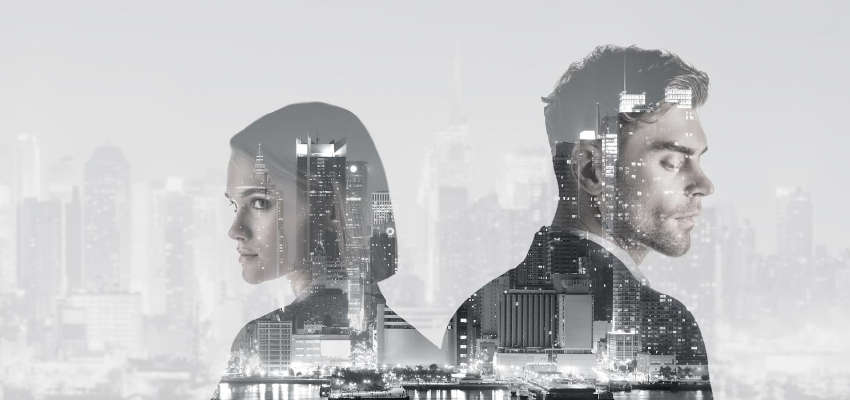Show:
How will smart cities change our future?
In a rapidly developing world, people widely use new technologies, invest in digital assets, acquire online professions. Now it is more relevant to buy followers on Twitter and increase social capital in the media space than to open offices and do offline marketing. The world has changed and these opportunities allow people to better organize their life and increase financial flows. Therefore, the authorities are developing IT infrastructure providing useful solutions that meet the needs of city residents.

The concept of a smart city
Over the past few years, the issues of organizing space in the megalopolis, as well as improving the quality of life, have become relevant. A smart city is a place where all processes are controlled, optimized, and resources are spent wisely and correctly. It focuses on lifestyle and should provide the most comfortable life activity. It solves several tasks: optimization of the transport system, energy efficiency, simplification of many routine processes, raising the standard of living, and saving the main resource, time.
Smart cities are places where you don’t have to worry about personal safety. Artificial intelligence makes it possible to do the crime rate in mega cities and other settlements equal to zero. A smart video analytics system allows specialists to control the situation and, if necessary, quickly respond.
One of the most basic trends in smart city technology is the use of big data. Current development allows city authorities to access vast amounts of information that facilitates decision-making in energy and resource management, which in turn reduces costs and improves the quality of service for city residents.

Smart cities as digital regions
Digitization is penetrating deeper into different areas of our lives. The world is entering an intellectual era where networks will connect not only things but also intelligent beings. It is no secret that all businesses are moving into the digital space and use social networks as a promotion tool. A bright example for business development is Twitter, as the platform is very well adapted to the financial segment. Twitter has a premium audience that appreciates new brands, follows technology, keeps track of what is happening in the world, and is very solvent. That’s why more and more entrepreneurs attract budget in advertising, buy real Twitter followers, collaborate with bloggers to maximum develop their Internet resources, and increase sales.
Public services are also digitized to make every aspect of life more comfortable. People use cashless payments and can pay in restaurants, shops, transport using their mobile phones.
QR codes provide information about buses right at the stops, as well as Telegram bots notify citizens about turning off hot water in their homes.
Much attention is paid to the digitization of transport infrastructure. It will save the city from traffic jams and a chaotic schedule of public transport.
Distance learning and electronic textbooks are used in the education system. The healthcare system implements electronic appointments with a doctor, an electronic database of patients, and their case histories.
Singapore as the smartest city in the world
Singapore is well-known around the world for its clean streets and strict controls on human behavior. This city is a technological innovation center that has become a magnet for foreign companies as Facebook, Google, Microsoft. Singapore has implemented several innovations that distinguish it from other cities.
First, these are autonomous cars. Countries with a high population density are interested in the development of autonomous car technologies because every city needs to unload its highways.

Secondly, these are smart homes. In Singapore, entire neighborhoods are equipped with smart sensors that monitor water consumption and other indicators. It becomes available to control equipment using a voice system, and new technologies allow the owner to control the house even outside it.
Thirdly, these are smart streets. Singapore aims to automate and simplify the dynamics of the streets: smart parking sensors alert drivers to free spaces; street lighting sensors light up when pedestrians appear and monitor changes in the environment like temperature, rainfall, and humidity; sensors on the trash cans signal when they are full.
In Singapore, people automate work with the help of robots. They have been already introduced into all areas: to automate production, home, and service processes.
To sum up, due to new technologies, the economy is transformed and routine processes are automated and one of their results is the creation of an integrated and comfortable smart city environment.

 Return to Previous Page
Return to Previous Page








